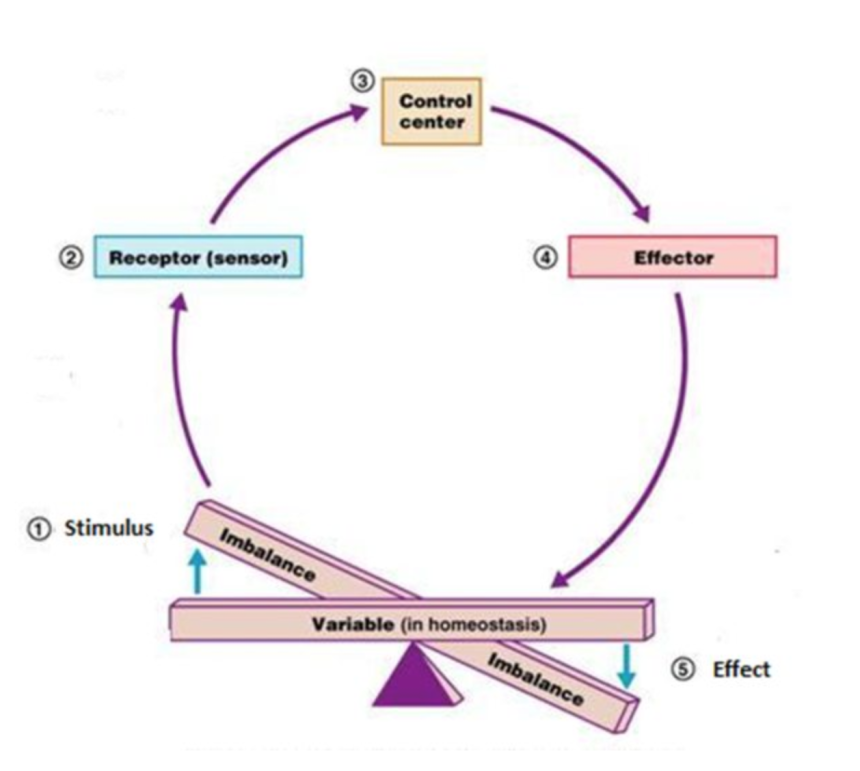
Local SEO: Optimizing Your Business for Local Searches
Local Search Engine Optimization (SEO) is crucial for businesses aiming to attract local customers. Optimizing your online presence for local searches helps your business appear in search results when users look for products or services in a specific geographic area. Here are key strategies for optimizing your business for local searches:

1. Google My Business (GMB) Optimization:
- Claim and optimize your Google My Business listing. Ensure that your business name, address, phone number (NAP), and business hours are accurate and consistent. Add high-quality images, a detailed business description, and relevant categories.
2. Local Keyword Research:
- Identify and target relevant local keywords. Include location-based terms in your website content, meta tags, and other on-page elements. This helps search engines understand the geographical relevance of your business.
3. Local Citations:
- Build consistent local citations (mentions of your business name, address, and phone number) across online directories, review sites, and local business listings. Ensure that the information is accurate and matches the details on your GMB profile.
4. Online Reviews and Ratings:
- Encourage and manage online reviews on platforms like Google, Yelp, and other industry-specific review sites. Positive reviews can improve your local search rankings, build trust with potential customers, and influence their decision-making.
5. Local Link Building:
- Build local backlinks by reaching out to local businesses, organizations, and community websites. Participate in local events, sponsorships, or partnerships, and ask for links back to your website. Local links can positively impact your local SEO.
6. Mobile Optimization:
- Ensure that your website is mobile-friendly. Many local searches occur on mobile devices, and search engines prioritize mobile-responsive websites in local search results. Test your website's mobile performance using tools like Google's Mobile-Friendly Test.
7. Local Schema Markup:
- Implement local schema markup on your website to provide search engines with structured data about your business, including its name, address, phone number, business hours, and other relevant details. Schema markup helps search engines better understand your content.
8. Localized Content:
- Create content that is relevant to your local audience. This could include blog posts, articles, or landing pages that address local events, news, or specific community interests. Use local keywords naturally within your content.
9. Geo-Targeted Ad Campaigns:
- Use geo-targeted advertising campaigns to reach local audiences. Platforms like Google Ads and social media platforms allow you to target your ads based on specific locations, ensuring that your marketing efforts are focused on your target audience.
10. Local Social Media Presence:
- Maintain an active presence on local social media platforms. Engage with local communities, share relevant content, and encourage user-generated content. Social signals can influence local search rankings.
11. Consistent NAP Information:
- Ensure consistency in your business's name, address, and phone number (NAP) across all online platforms. Inaccuracies can confuse search engines and harm your local search visibility.
12. Monitor and Analyze Local SEO Performance:
- Regularly monitor your local SEO performance using tools like Google Analytics and Google Search Console. Track key metrics, such as local search rankings, website traffic, and customer interactions, to assess the effectiveness of your local SEO efforts.
Optimizing your business for local searches is an ongoing process. By implementing these strategies and staying actively engaged with your local community, you can enhance your local online visibility and attract more customers from your target geographic area.





